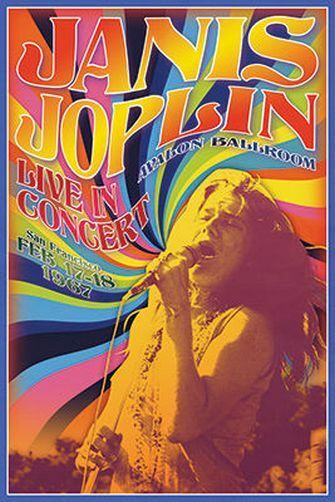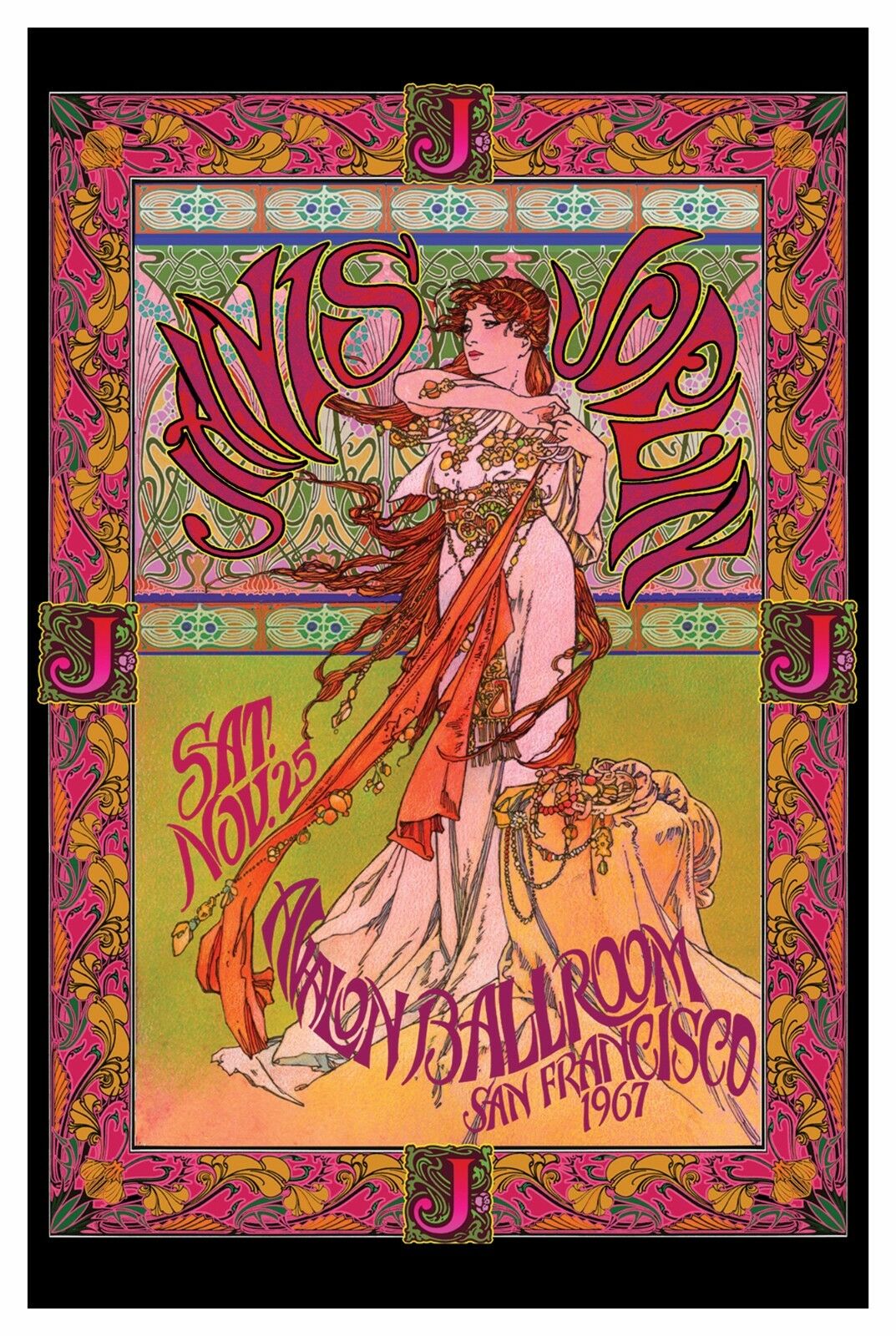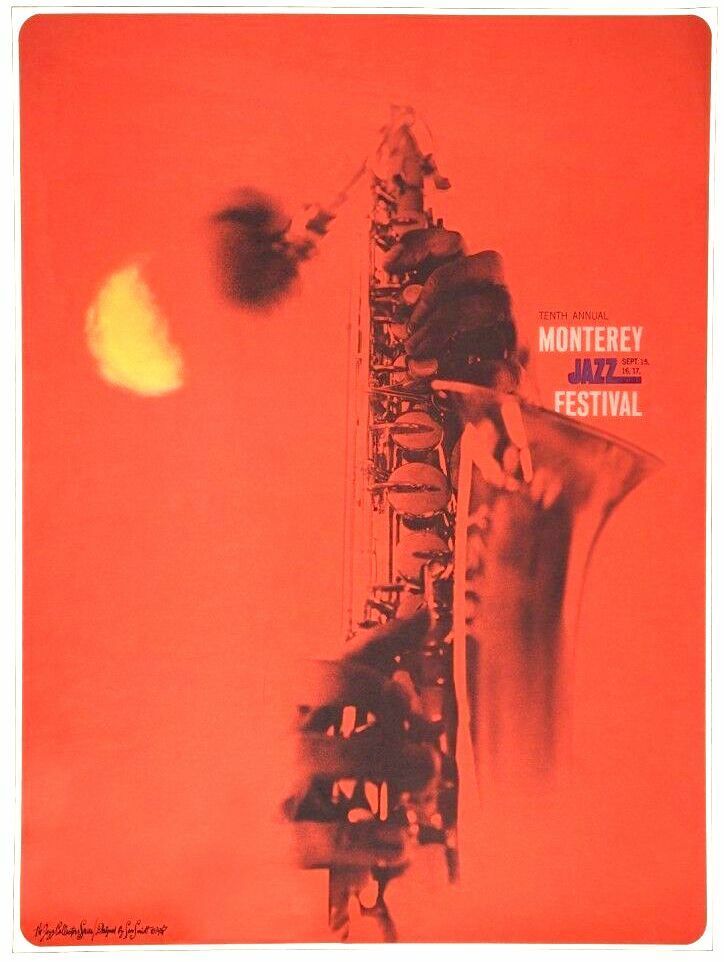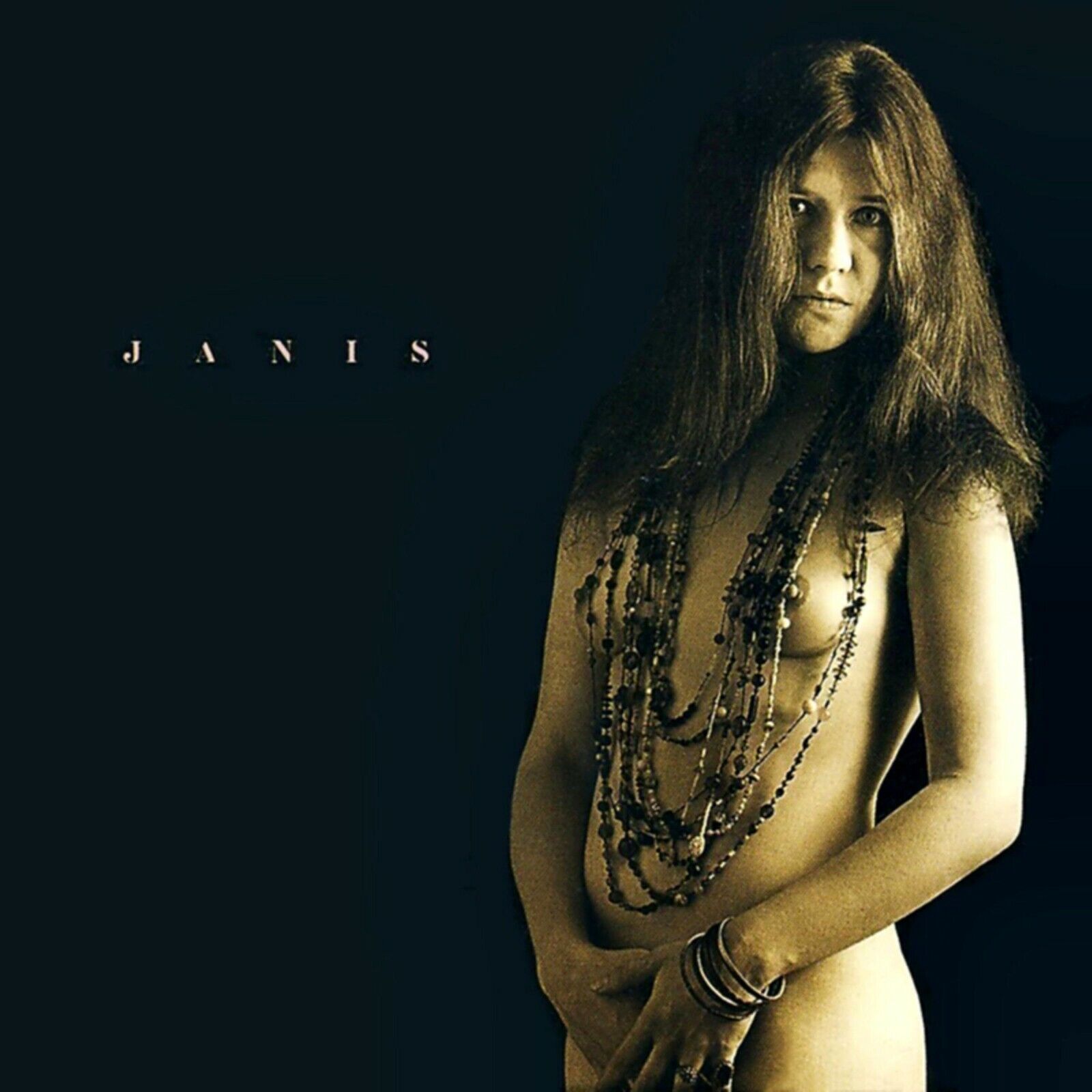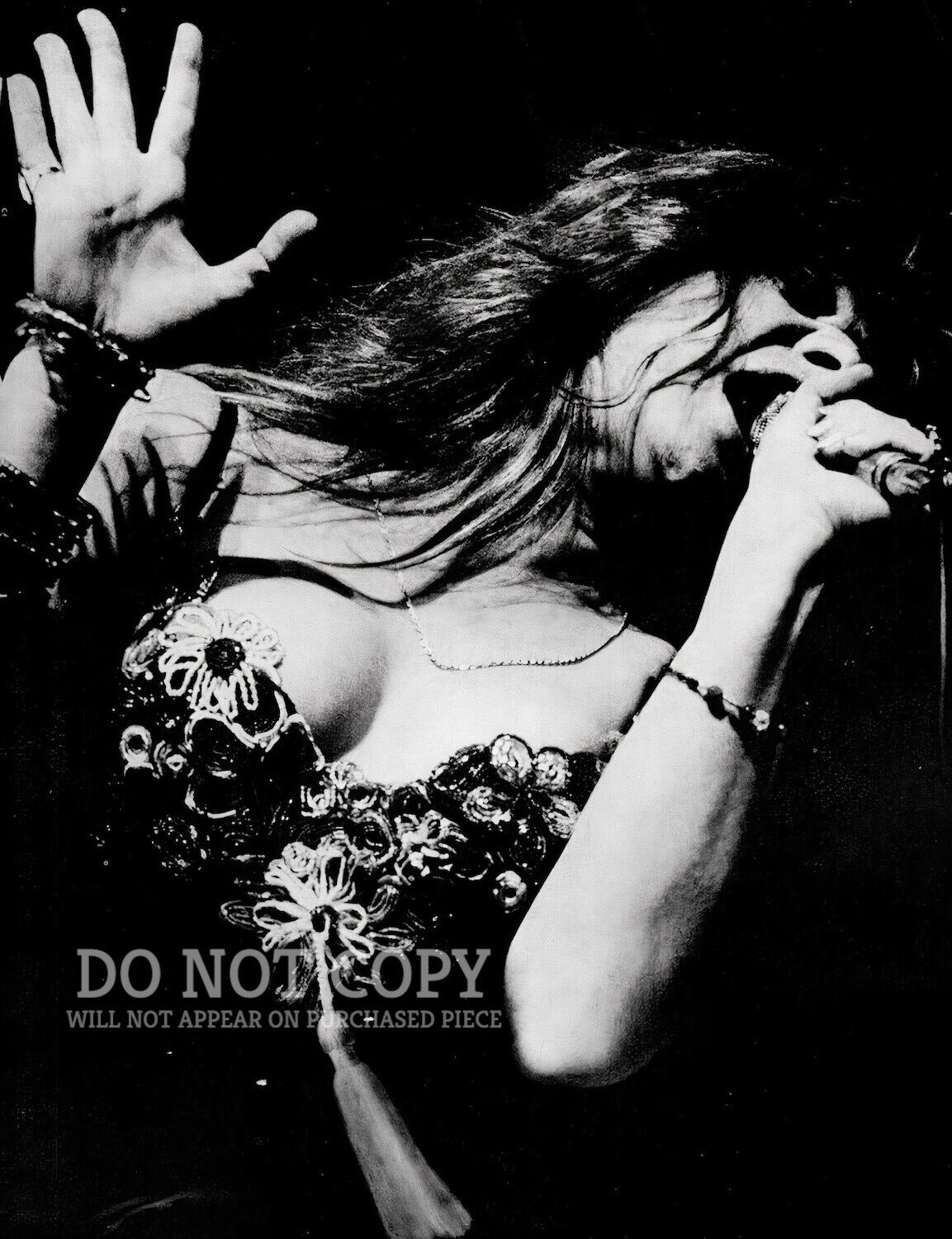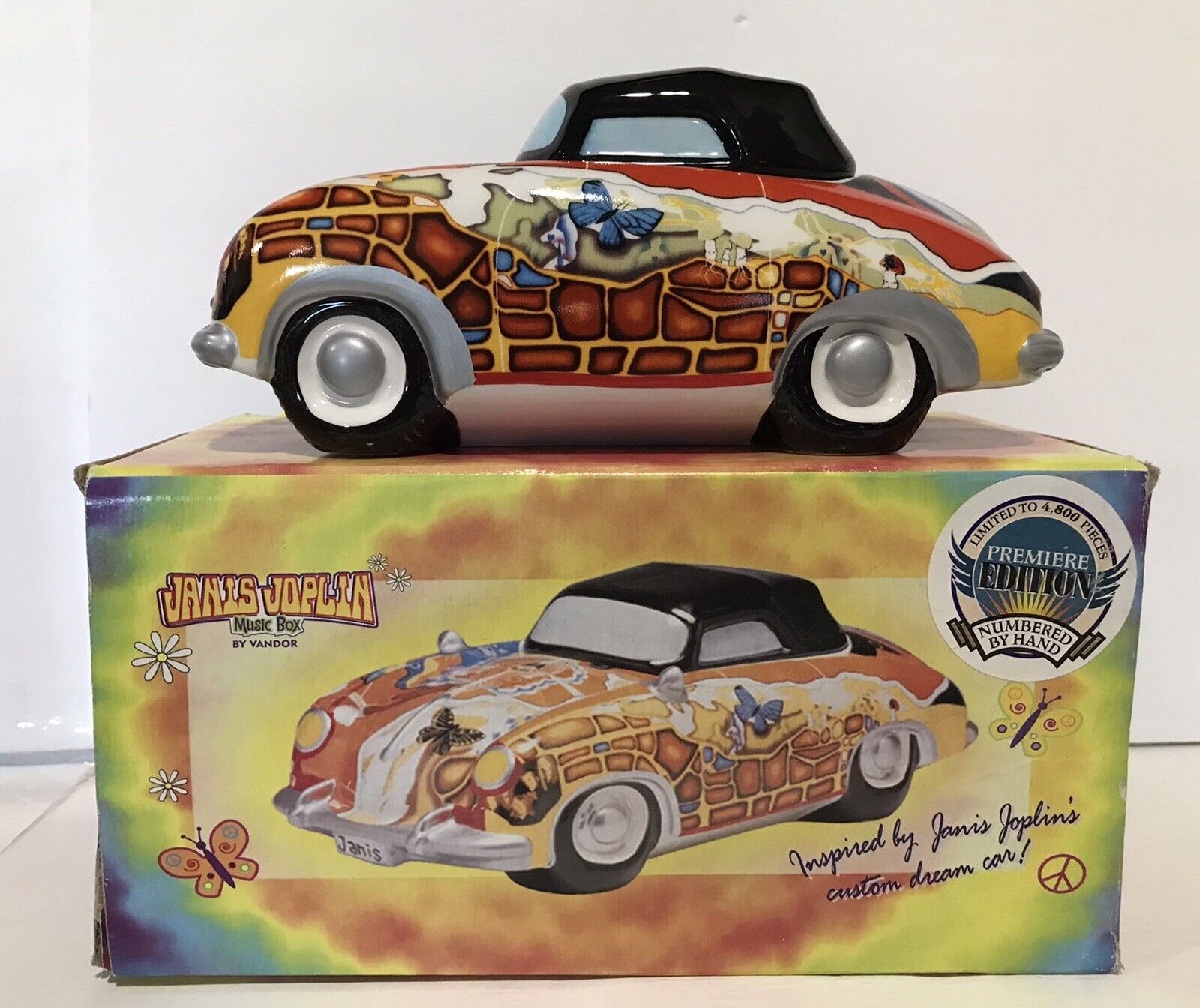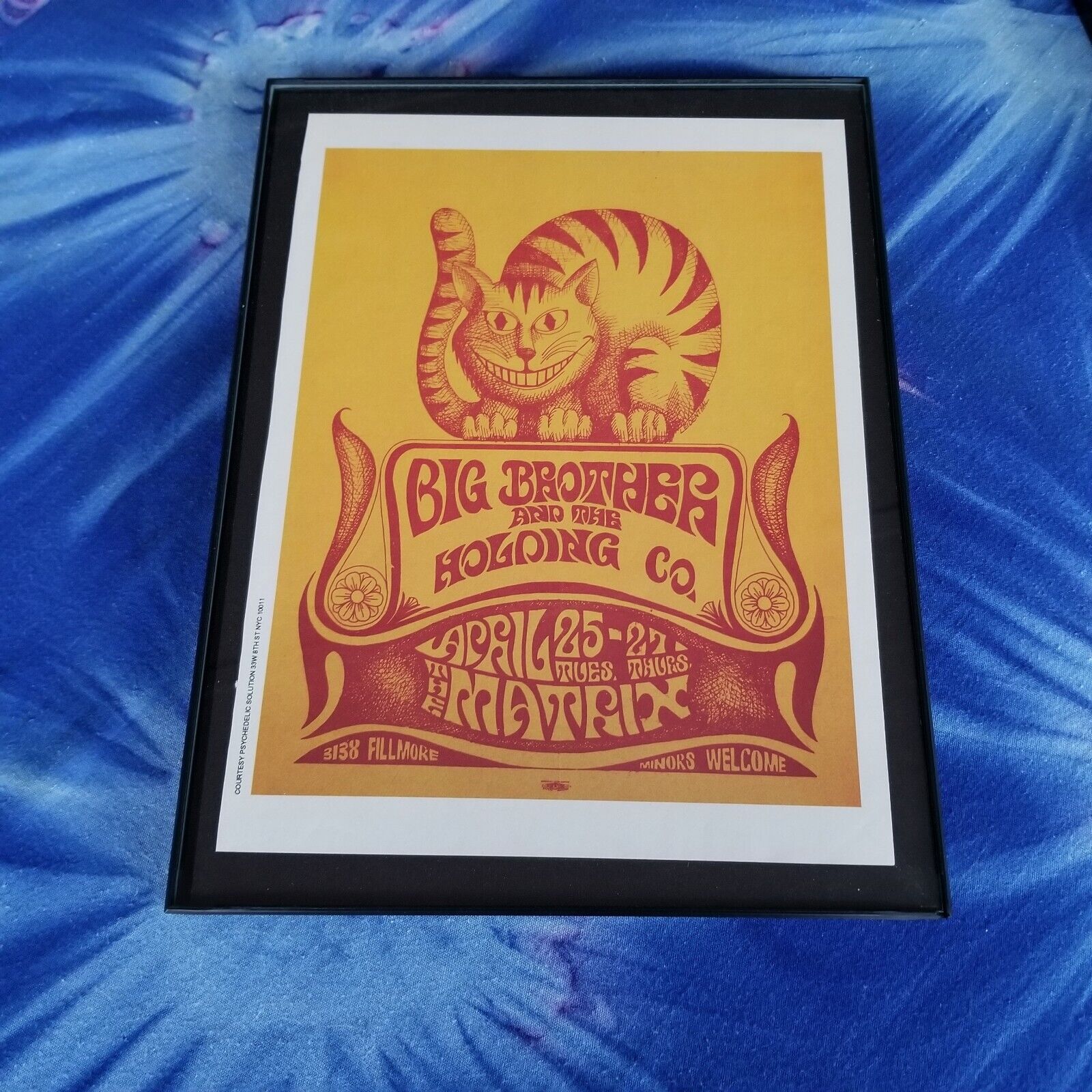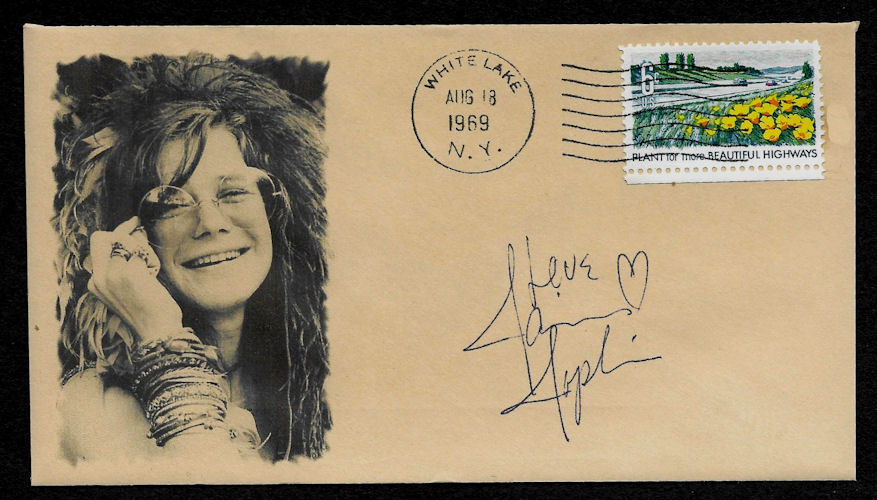-40%
Janis Joplin Owned & Worn 60's Embrodered Flower Dress Promoter Mickey Deans
$ 395.86
- Description
- Size Guide
Description
This is a One-Of- A-Kind collectible! A Janis Joplin Owned and worn 1960's yellow cotton & embroidered accent detail dress. She had this with her somewhere in an England Nightclub and given to Promotor Mickey Deans. Mickey Deans is best known for being the last husband of Singing Legend Judy Garland. Janis either went to or performed at a Nightclub somewhere in London that Mickey Deans was running. She saw all the memorabilia hanging on the walls that belonged to Famous performers and wanted to donate some things to be put on display with the other items.In an included letter which has been signed in ink from Mickey Deans he states all of those facts about this dress being given with some other items by Janis herself and given to Deans for display in the club. The letter has been also witnessed and signed by a Notary Public. Winner gets the letter and the dress which still has a faint smell of Patchouli.
Janis was born a misfit. a tomboy, a painter, a girl who didn't accept arbitrary boundaries, a girl with a big voice. She never stopped wanting to belong. That's why, years later at the age of 25, it had been so daring of her to leave behind the band that had launched her, Big Brother and the Holding Company. She had joined the group in San Francisco in June 1966 and two months later they were bunking communally in Marin County. Despite technical shortcomings as musicians, they were a dynamic live band with a solid following, and they correctly saw in Janis the element that would elevate them to status similar to their Haight-Ashbury scene-mates Jefferson Airplane and the Grateful Dead. Sure enough, Big Brother and the Holding Company broke big in June 1967 at the Monterey Pop Festival, signing with Dylan?s manager Albert Grossman, who secured a lucrative deal for them with Columbia Records.
But Joplin was beginning to feel again that part of her that would not settle. Her ambition ratcheted up. She looked more to her heroes Nina Simone and Etta James. Rather than shriek over Big
Brother's
blaring psychedelic ?freak rock,? Joplin longed to work her voice with more nuance, and explore soul and other musical genres; she envisioned keyboards, a horn section, more sophisticated tunes. In remarkable letters she wrote her parents, she explained, ?I have to find the best musicians in the world & get together & work. There will be a whole lot of pressure because of the vibes created by my leaving Big Brother & also by just how big I am now. So we've got to be just super when we start playing but we will beto N.Y. T
imes
reporter Michael Lydon, she admitted: ?
I'm
scared. I think,
Its
so close. Can I make it?? If I fail, I?ll fail in front of the whole world. If I miss,
I'll
never have a second chance on nothing. But I gotta risk it. I never hold back. Anyone who really knew her would not have been surprised by her leap of faith. As a roughhousing tomboy in Port Arthur,
she'd
exhibited a fierce will not unlike that of her father, Seth, who led a double life as a Texaco engineer by day, and a cerebral bookworm and atheist by night. He and Dorothy adored their daughter, but their showdowns were legendary Janis refusing to do what she was told, damn the consequences. With adolescence came compulsive risk-taking; she was the female mascot among a group of outlier intellectual boys, a role that helped set a bold Joplin in motion.
Joplin remained peripatetic, musically speaking, and driven. She'd learned to play and sing Kris Kristofferson's ?Me and Bobby McGee,? and the song opened new doors. Joplin sought a smaller, rootsier-sounding unit to bring it, and other material, to life. She would christen this group Full Tilt Boogie. With them, she would mature as a bandleader and co-producer of her recorded output, all gloriously evident on her final album,
Pearl,
and in footage of Joplin and Full Tilt Boogie's live performances. Following her death during the
Pearl
sessions, on October 4, 1970, ?Me and Bobby McGee? topped the charts for two weeks, and
Pearl
became the most commercially successful album of her career. Despite her kozmic blues and the critics? initial discouragement, Joplin, of course, had refused to settle for anything less than traveling the road her music took her.











